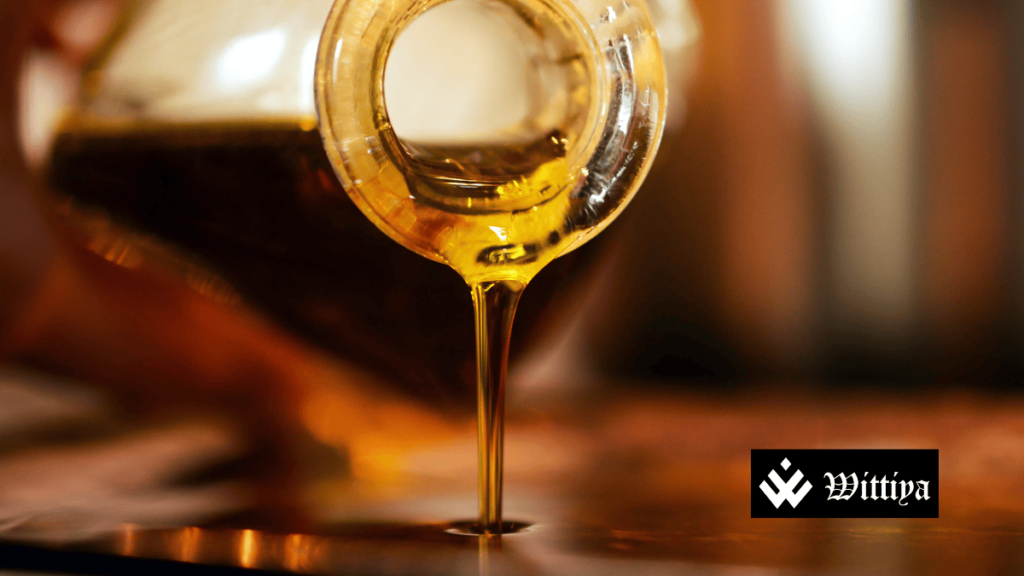The global palm oil market faces an impending surplus as Indonesia, the world’s largest producer, curbs exports of used cooking oil and palm oil residues. The move, aimed at preventing fraudulent relabeling of virgin palm oil as waste oil, has strained demand from European biofuel suppliers, impacting prices. With additional regulatory changes in the EU and the U.S., producers anticipate further market pressure.
Indonesia, the world’s largest producer of palm oil, is facing an oversupply crisis following the government’s decision to restrict exports of used cooking oil and palm oil residues. The move, implemented at the start of the year, aims to prevent fraudulent mislabeling of virgin palm oil as waste oil, a practice that allowed exporters to bypass regulations and supply biofuel producers in Europe.
Palm oil, widely used in food products, cosmetics, and biofuels, has long been scrutinized due to its environmental impact, as large tracts of rainforest are often cleared for cultivation. The latest restriction has led to a decline in global palm oil prices, with the Bursa Malaysia Derivatives exchange witnessing a drop from December’s peak of RM5,150 ($1,167) per tonne to RM4,200 in January.
Malaysian palm oil producer SD Guthrie’s Chief Operating Officer, Mohd Haris Mohd Arshad, highlighted the impact of the ban, stating that surplus palm oil is now flooding the Indonesian market, disrupting trade flows. Previously, European energy companies and transport suppliers relied on imports of used cooking oil, which they blended into biofuels. The export clampdown has now disrupted this supply chain.
The European Union had already taken steps to curb the use of virgin palm oil in biofuels, implementing policies to discourage deforestation-linked imports. However, market insiders revealed that some exporters in Asia had been mislabeling or blending fresh palm oil with used oil to circumvent these restrictions. A study by Transport & Environment found that Malaysia and China exported more used cooking oil to Europe than they theoretically produced, raising concerns about fraudulent practices.
According to Indonesia’s Trade Ministry, exports of palm oil residue and used cooking oil surged by 21% between 2019 and 2023, while crude palm oil exports declined by 20%. Trade Minister Budi Santoso stated that these figures indicated a mix of virgin palm oil within the waste exports, leading to the government’s decision to enforce stricter controls.
Meanwhile, palm oil prices have seen a partial recovery, climbing back to RM4,700 per tonne, as Malaysia—the world’s second-largest producer—reported lower production due to heavy rainfall. To counter the supply glut, Indonesia has mandated that biofuels must now contain 40% palm oil, up from the previous 35%, in an effort to boost domestic demand.
Oscar Tjakra, an analyst at Rabobank, anticipates that this mandate will support price stabilization after January’s downturn. He also predicts a global palm oil deficit in the 2024-2025 cycle due to constrained production in Indonesia and Malaysia.
However, industry concerns persist. Arshad of SD Guthrie doubts that Indonesian consumers will be willing to pay higher prices for palm oil-enriched biofuels compared to conventional diesel, casting doubt on the government’s ability to sustain the necessary subsidies.
Adding to market uncertainty, the U.S. is reconsidering a Biden-era tax incentive designed to promote clean fuels, including those derived from palm oil waste. The Trump administration has postponed the policy and is considering excluding used cooking oil from the eligible list. If implemented, this exclusion could reduce U.S. demand for palm oil derivatives, further exacerbating the global surplus and driving prices down.
Furthermore, the EU is set to tighten its palm oil import standards from January 2026, requiring companies to prove that their palm oil sources are not linked to deforestation. This will significantly increase compliance costs for producers, which will ultimately be passed on to consumers. Arshad warns that the price hike will affect everyday products, from chocolate to cosmetics, making palm oil an increasingly expensive commodity in European markets.
As regulatory pressures mount and market dynamics shift, the global palm oil industry faces a period of uncertainty, with Indonesia at the center of a rapidly evolving trade landscape.



